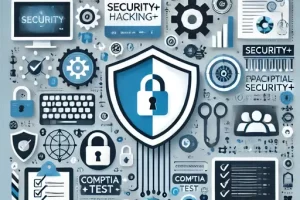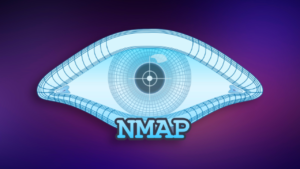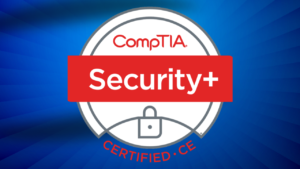Is Russia a Cybersecurity Threat to North America in 2024?
- Categories Practical Ethical Hacking and Cyber security
- Date June 15, 2024
As we progress through 2024, understanding the implications of Russia’s cyber activities on North America has never been more crucial. The digital battleground is evolving rapidly, impacting national security, economic stability, and public trust. Here’s a closer look at how Russian cyber strategies are shaping the current landscape.
Historical Overview of Russian Cyber Operations
Russia has a well-documented history of advanced cyber operations, cemented by high-profile incidents like the 2016 U.S. election interference and attacks on critical infrastructure. State-sponsored groups such as APT28 (Fancy Bear) and APT29 (Cozy Bear) have been linked to numerous espionage and disruptive activities, showcasing their sophisticated techniques.
Current Tactics and Advanced Capabilities
In 2024, Russian cyber capabilities are marked by evolving tactics:
State-Sponsored Hacking: Russian cyber units are adept at targeting government agencies, defense contractors, and critical infrastructure. Essential tools like Nmap for network scanning and certifications such as CompTIA Security+ SY0-701 are vital for defending against these sophisticated attacks.
Disinformation Campaigns: Beyond hacking, Russia conducts extensive disinformation campaigns to influence public opinion and create discord. Improving digital literacy and security awareness through resources like the SY0-701 Free Practice Exam can help mitigate these effects.
Ransomware Attacks: Russian-linked cybercriminals have executed major ransomware attacks that disrupt businesses and public services. Engaging with Practical Ethical Hacking Membership Levels offers valuable insights and resources for combating these threats.
Critical Sectors Under Threat
Russian cyber activities often target sectors crucial to national security and economic stability:
Energy and Utilities: Incidents like the 2021 Colonial Pipeline attack highlight vulnerabilities in North America’s energy infrastructure, a prime target for Russian cyber actors.
Financial Services: The financial sector is a frequent target for espionage and theft. Russian hackers exploit weaknesses in banking systems and payment networks, making robust cybersecurity measures essential.
Government and Defense: Agencies and defense contractors face ongoing threats from Russian operatives seeking to steal sensitive information and disrupt operations.
North American Response
To counter these threats, North America has implemented several strategies:
Enhanced Cyber Defense Measures: Investments in advanced technologies and practices, such as zero-trust architectures, are critical. Professionals can stay ahead by utilizing resources from Practical Ethical Hacking.
International Cooperation: Partnerships with NATO and the Five Eyes intelligence alliance enhance collective defense capabilities against Russian cyber threats.
Legislative Actions: New laws and regulations aim to bolster cybersecurity standards and response efforts. Agencies like the U.S. Cybersecurity and Infrastructure Security Agency (CISA) play a key role in these initiatives.
Looking Ahead
As cyber threats continue to evolve, North America must stay proactive and adaptive. Exploring Canadian cybersecurity classes and other online cybersecurity courses can provide additional learning opportunities. For deeper insights, check out Cybersecurity and Practical Ethical Hacker Courses on YouTube. By integrating these resources and maintaining vigilance, North America can effectively protect its digital assets from sophisticated cyber threats.
The Ultimate Guide to Nmap: Mastering Network Scanning and Cybersecurity
CompTIA Security+ SY0-701 Free Practice Exam Test with PBQs
CompTIA Security+ SY0-701 Full Practice Exam Tests PBQs 2024
Tag:Course
Currently pursuing an Advanced Diploma in Cybersecurity, I am dedicated to continuous learning and staying informed about the latest industry developments. Passionate about hacking, I actively enhance my skills through various cybersecurity projects and hold the CompTIA Security+ certification.
You may also like

Securing Network Infrastructure with Segmentation

Best jobs after CompTIA A+ certification




